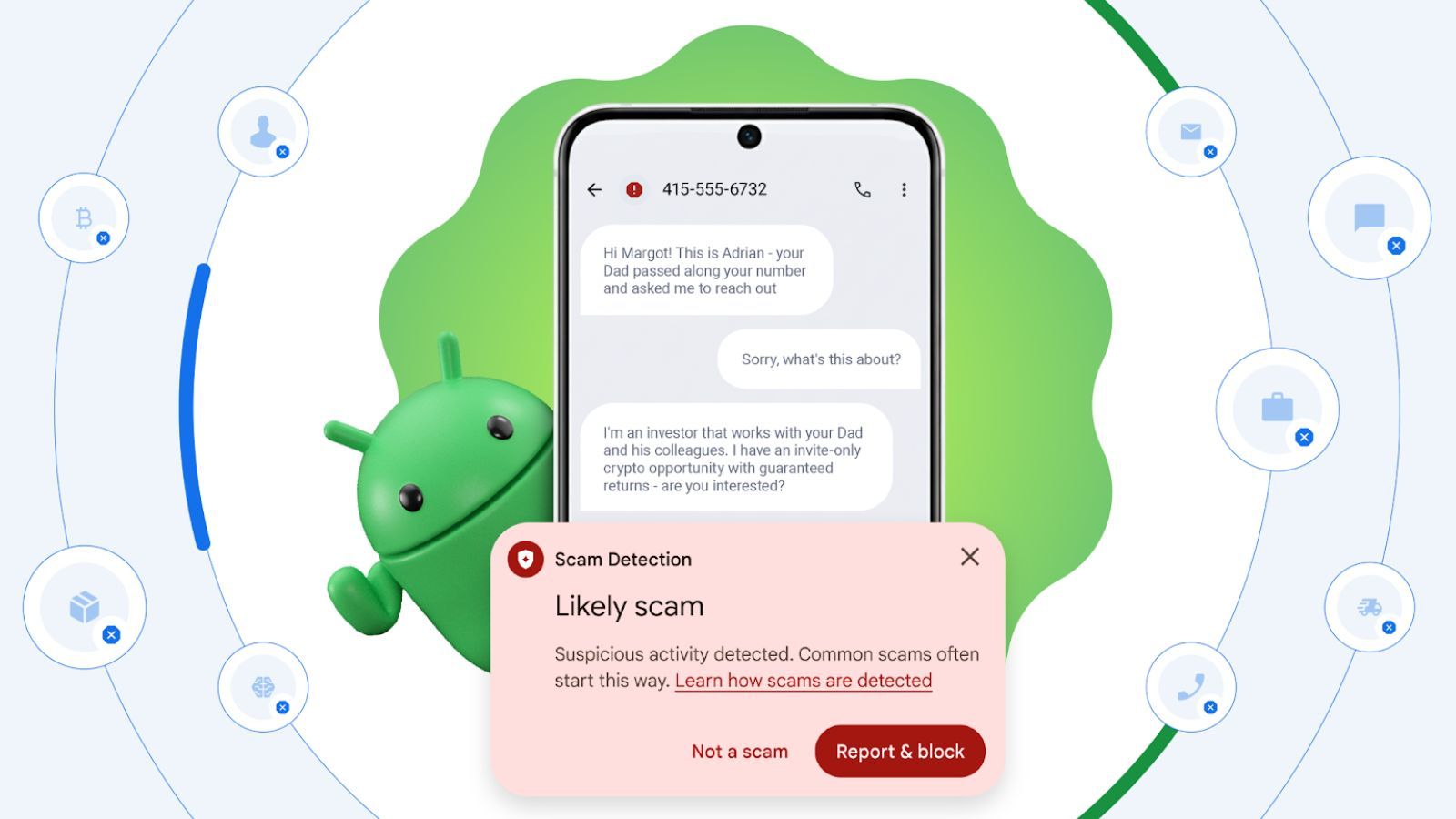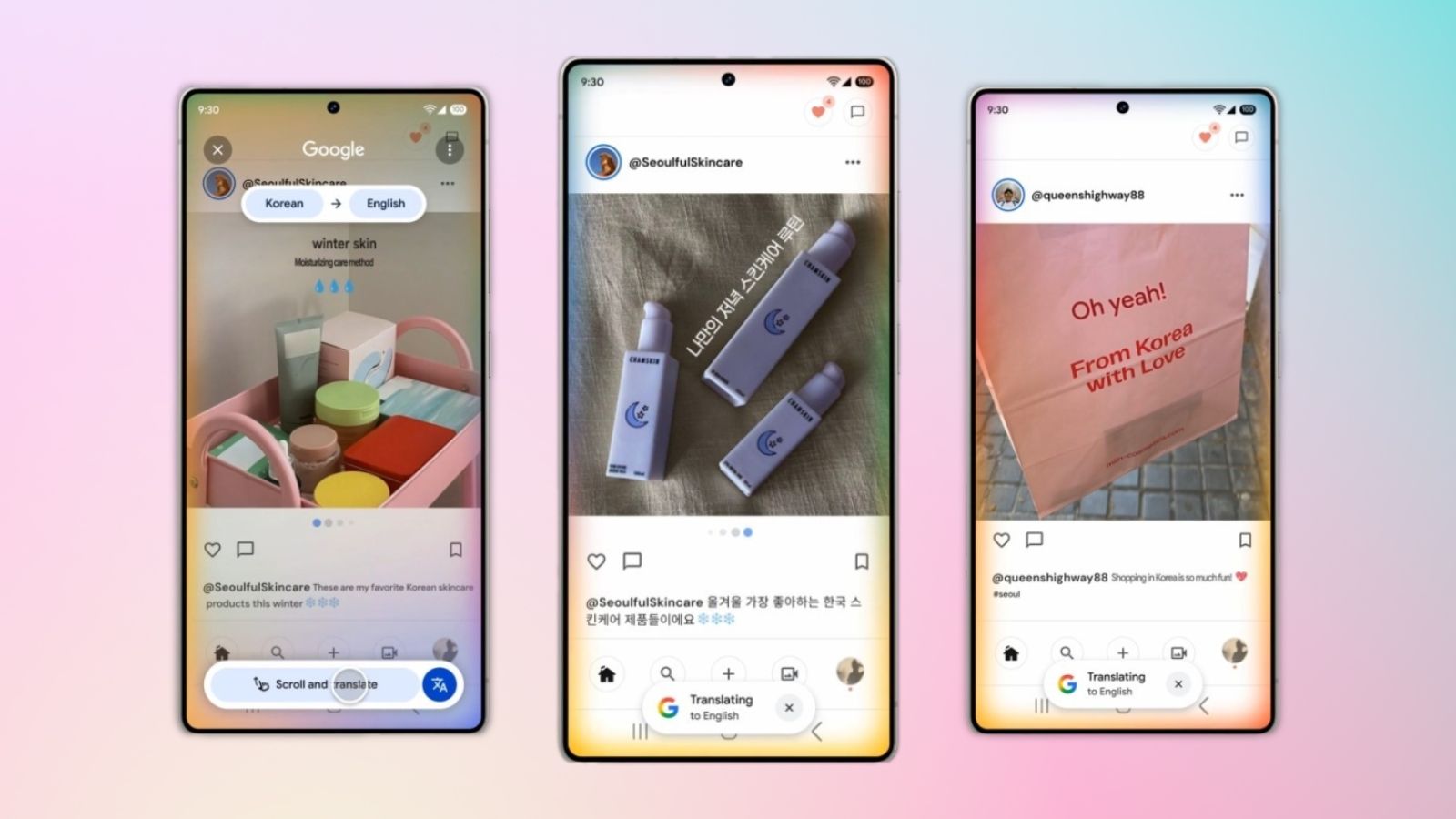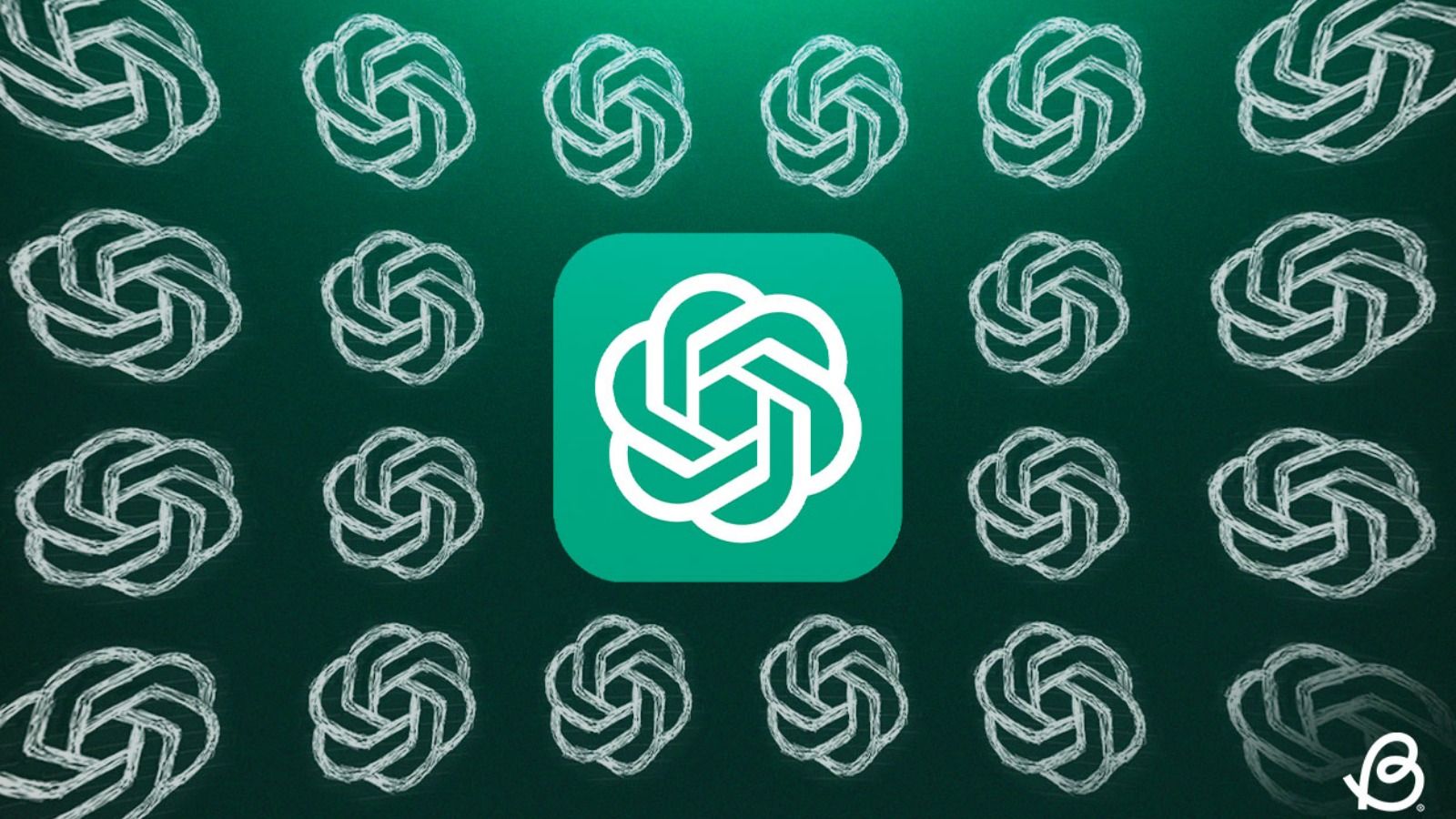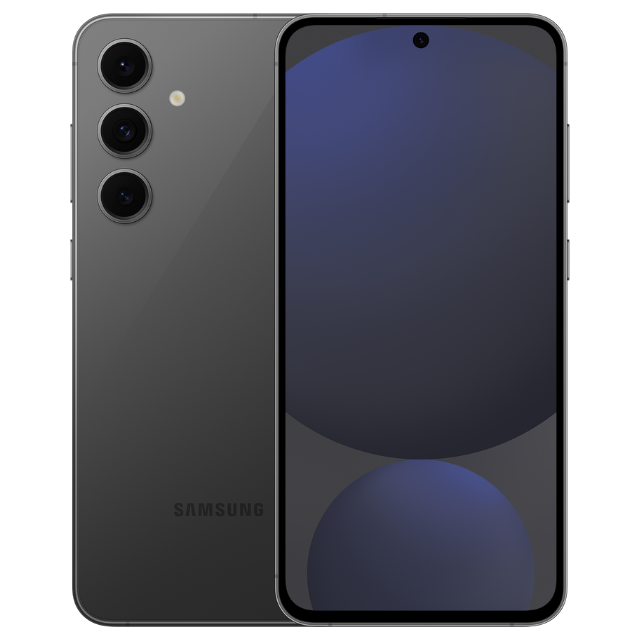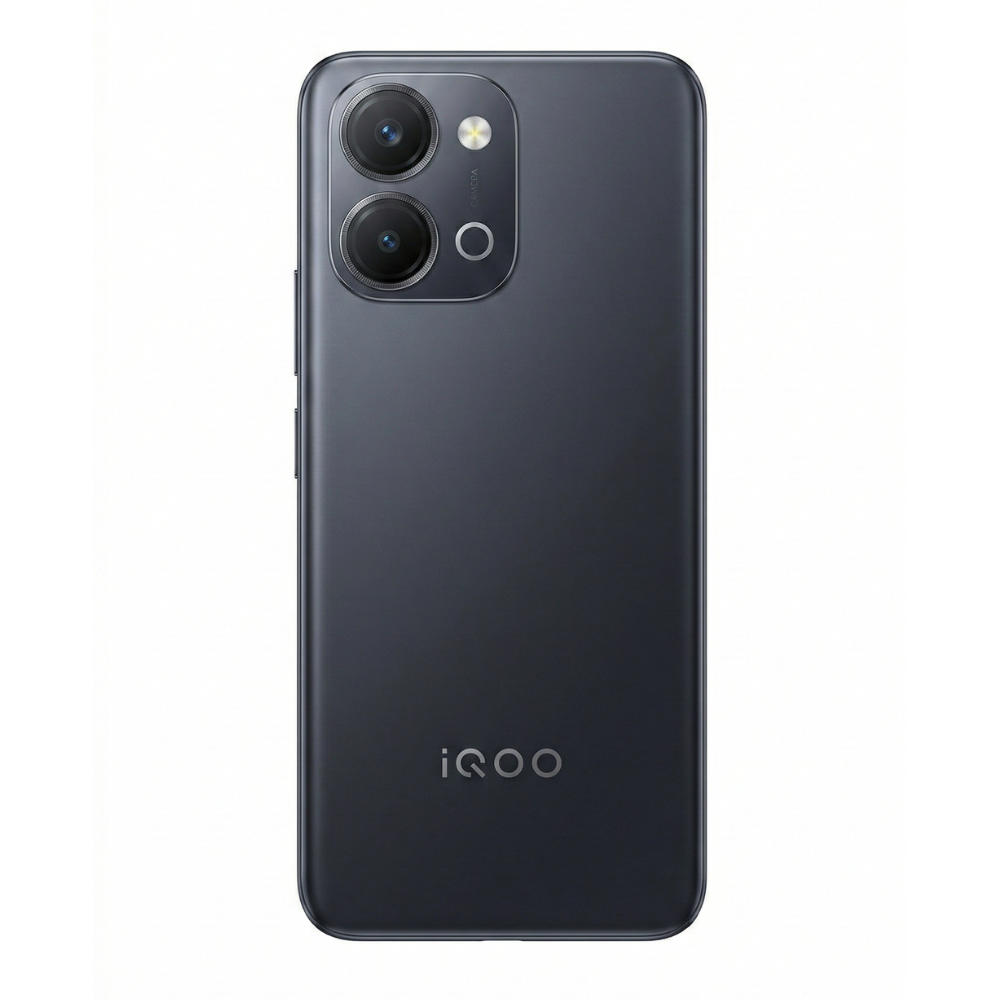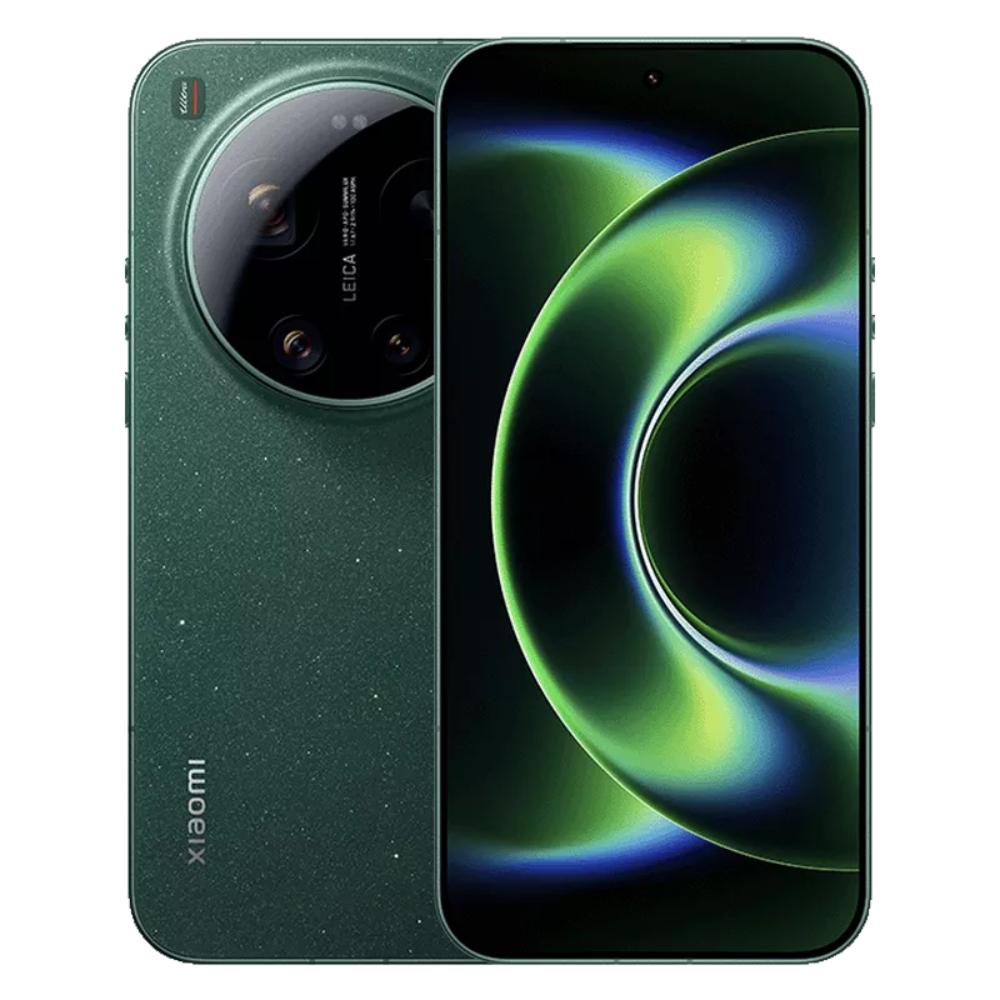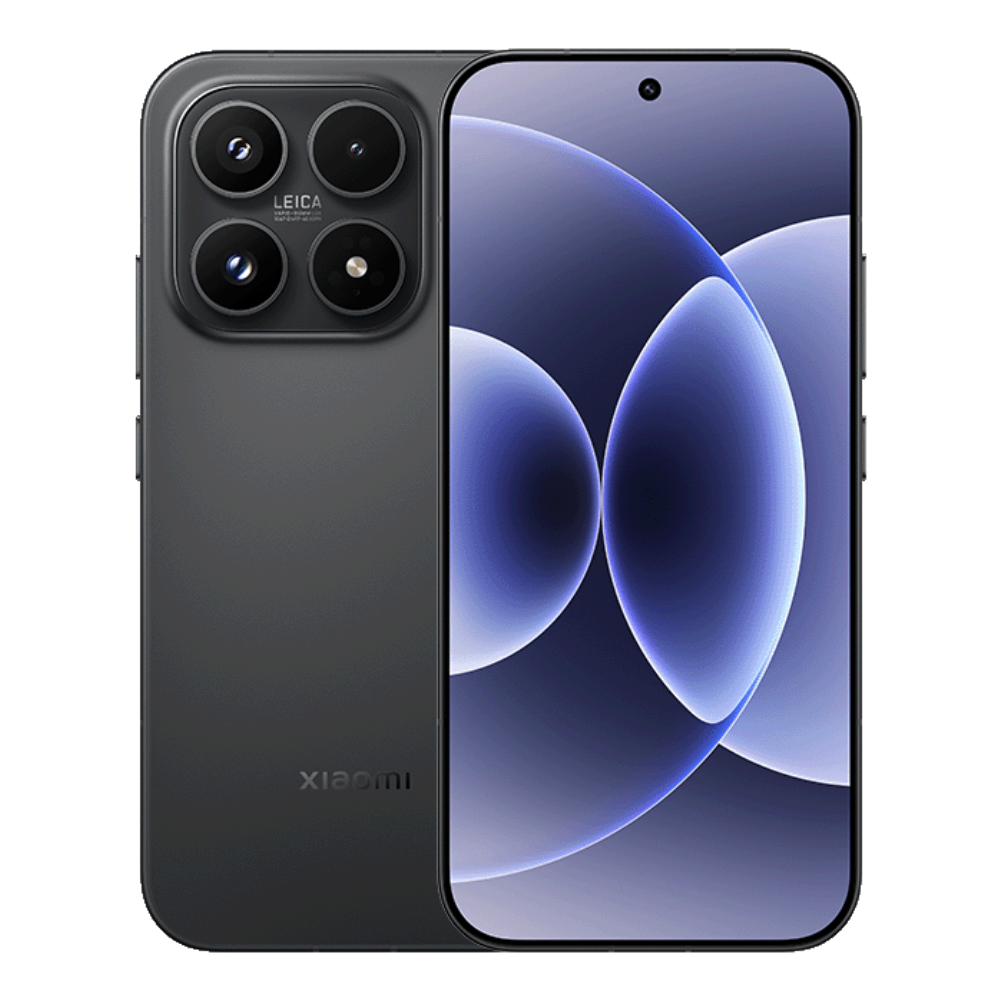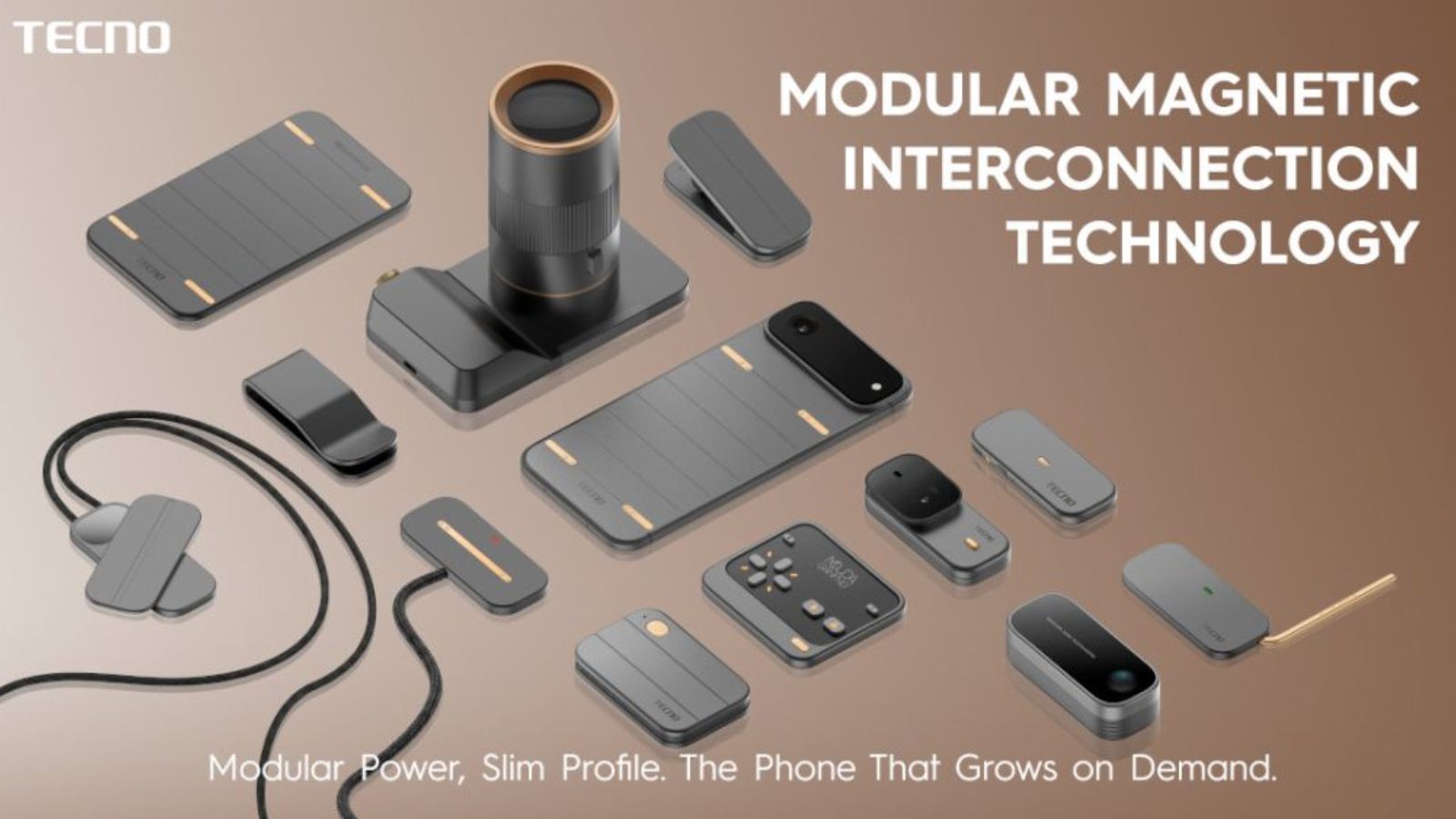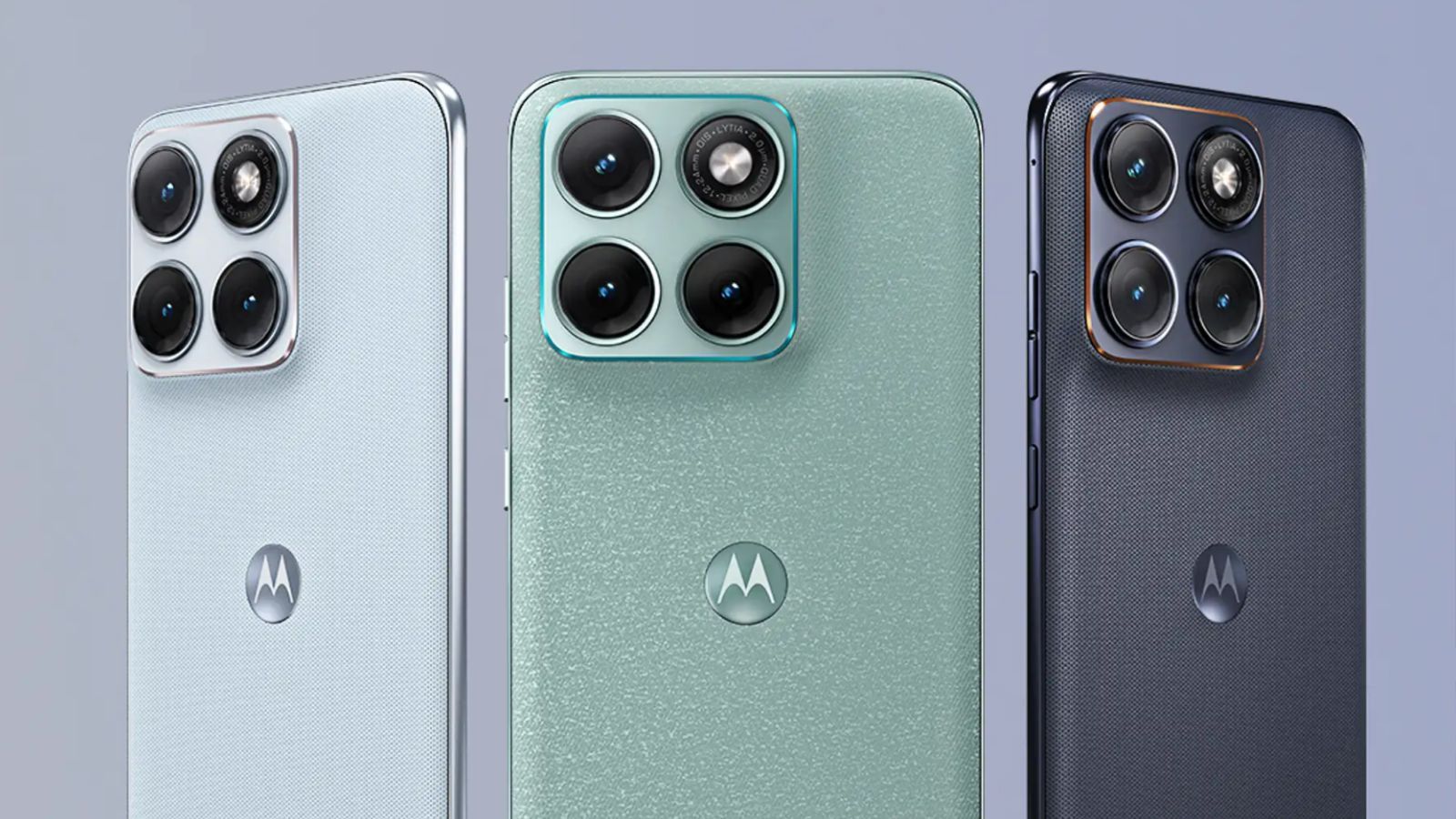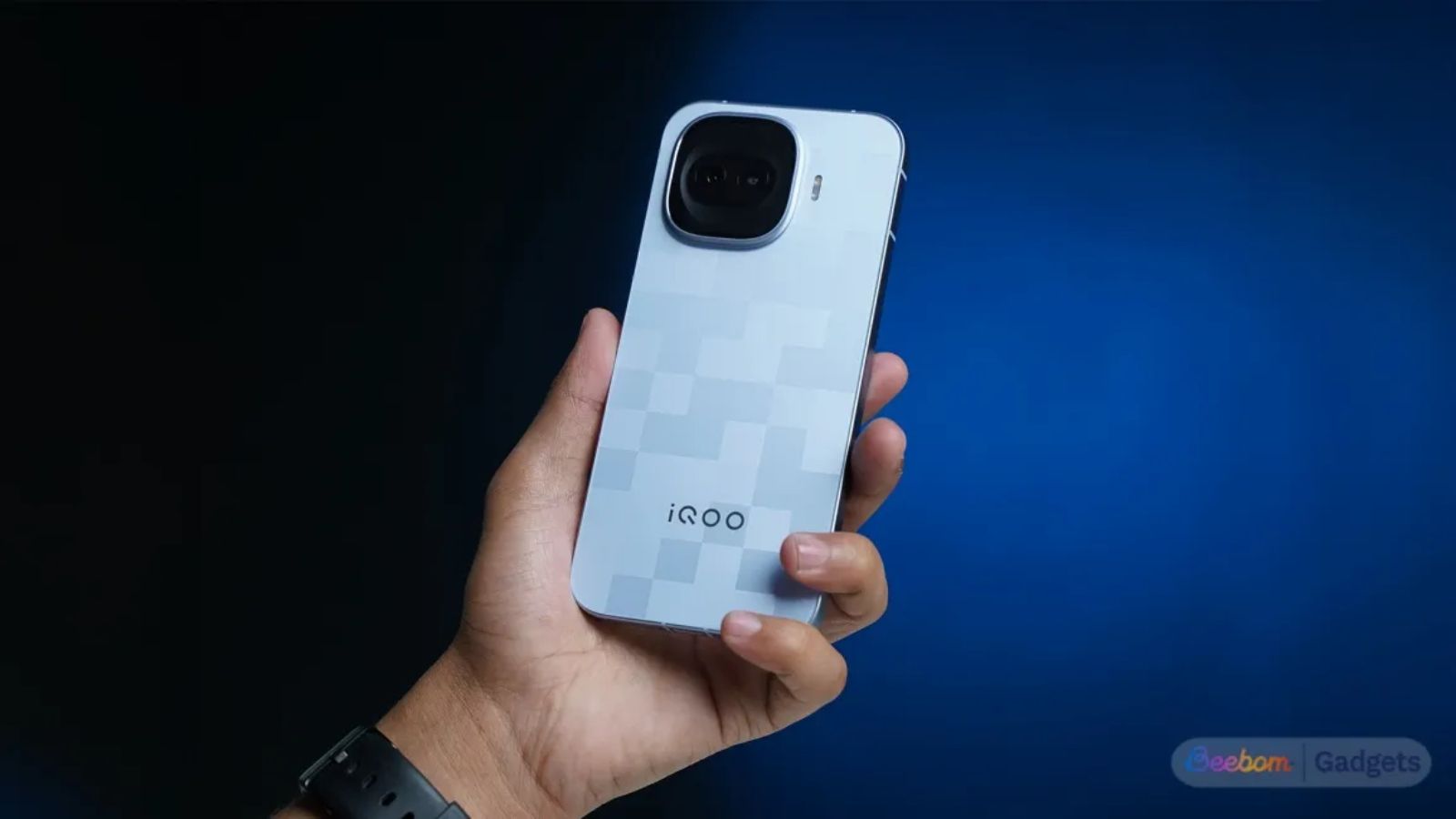When it comes to cybersecurity, iPhone users have always somewhat prided themselves. The closed ecosystem approach of Apple has always been marketed and perceived as a "safety net" that Android's openness apparently lacks. Now, a new study on the matter has revealed some interesting data that might just flip this perception.
Report reveals Android users are less exposed to scam texts compared to iPhone users
In an independent study conducted by YouGov on behalf of Google, almost 5,000 smartphone users (both Android and iOS) were surveyed across the USA, Brazil and India. This was done to mark the end of the Cybersecurity Awareness Month, with research-backed data.
At the end of the sample study week, it was revealed that compared to iPhone users, people with an Android smartphone are 58% more likely to claim that they have not received any scam texts prior to the survey week. Moreover, 96% of Pixel smartphone owners from the sample size, reported zero scam texts. Also, 20% of the total Android user base described their device’s scam protection as “very effective” or “extremely effective.”
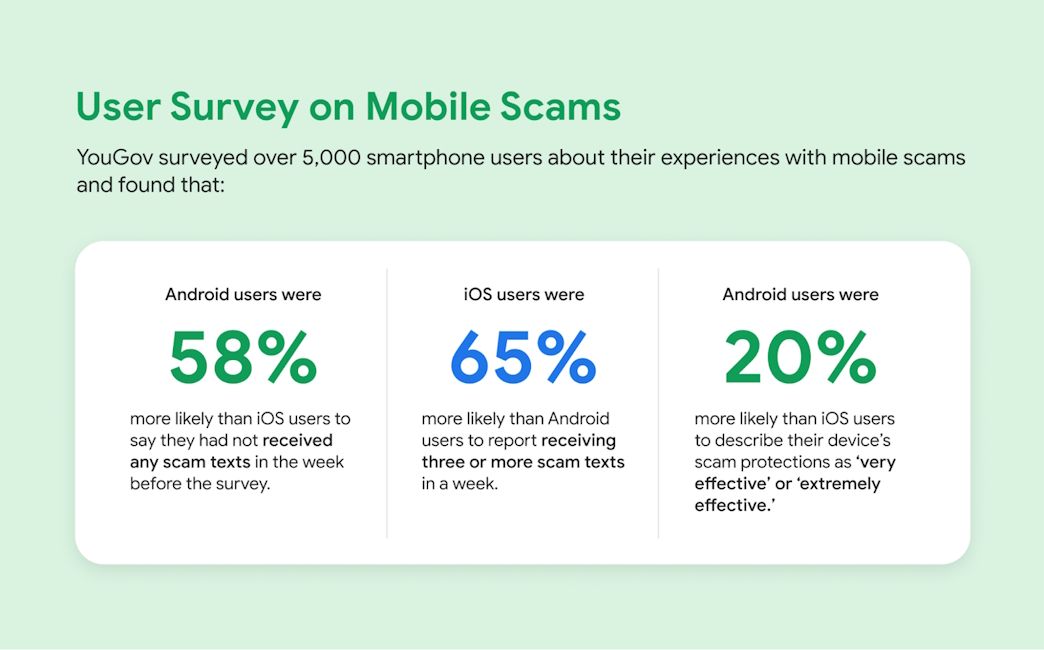
However, on the iPhone side of things, 65% of iOS users claimed to have received spam texts prior to the survey week. Almost 150% of iPhone owners described their device's spam protection as "ineffective" in stopping scam texts.
Moreover, according to a Counterpoint Research evaluation on AI-driven spam protection solutions, Android is the only mobile computing platform that offers the broadest coverage in terms of AI-powered scam protection. From email filtering to behavioral detection, Google's AI-backed security measures have coverage over 10 key commonly targeted scam areas, compared to iOS devices which use AI in only two categories.
.jpg)
Hence, it is clear that when it comes to comprehensive protection against scammers and fraudsters, Android dethrones iOS by a wide margin. The so-called "safety net" of Apple is not "so safe" after all. Also, Google offers the most tight-knit protection when it comes to its own Pixel smartphones.
A separate assessment by Leviathan Security Group has revealed that the latest Google Pixel 10 Pro provides the strongest scam and fraud defence. From call screening to automatic authentication alerts, there are a bunch of first-party solutions that Google employ and ship with their latest Pixel smartphones.
-(2).jpg)
Other than that, the Google Cybersecurity blog post has also outlined how its first-party apps and services provide a comprehensive security to every Android user in the world. For instance, Google Messages can automatically filter and move known scams to the Spam & blocked folder.
Similarly, apps like Google Chrome now uses LLMs to warn users of malicious websites and block access to them. Even the built-in Google Play Protect periodically scans installed apps to identify malicious code within them.
Hence, it is no doubt that in 2025, Google is doubling down on its commitment to make Android safer, better and cleaner for every user. There are currently almost 4 billion active Android users, compared to the roughly 2 billion number of the iOS users. So, it is quite evident that in terms of adoption, Android leads. And Google is making sure everyone is taken care of.


